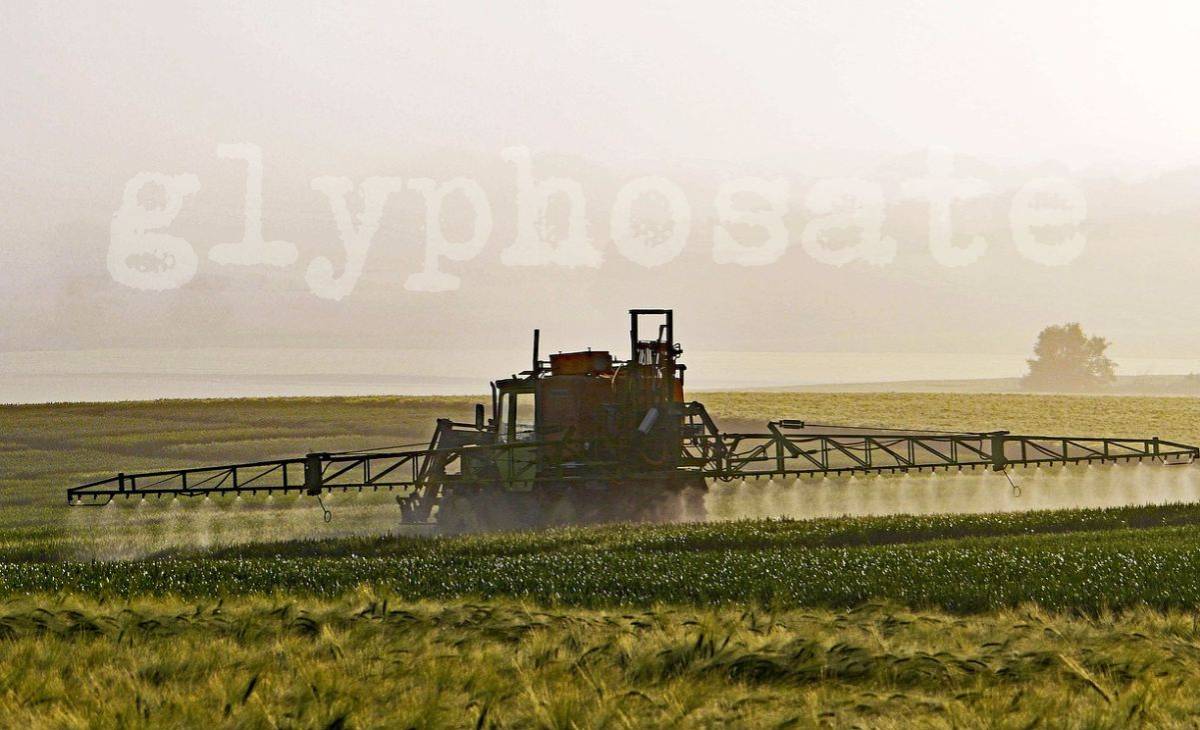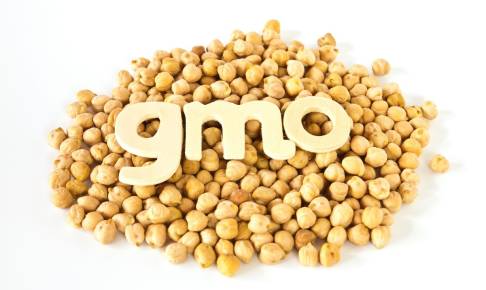Glyphosate: EU Commission to renew approval after vote deadlock
The European Commission has announced its decision to renew the approval of glyphosate, a commonly used herbicide, for another 10 years. This comes after member states failed to reach a qualified majority to either renew or reject the approval during a recent vote at the Appeal Committee.
Countries such as Denmark, Spain, Finland, Greece, Ireland, Poland, Sweden, and Portugal voted in favor of renewal, while Austria, Croatia, and Luxembourg were against it. Germany, France, Belgium, the Netherlands, and Italy abstained from the vote.
A similar deadlock occurred in a previous vote at the Standing Committee on Plants, Animals, Food, and Feed (SCOPAFF) in October.
The EU Commission is required to make a final decision by December 15, 2023, when the current approval period expires. The Commission already stated that glyphosate would be approved subject to certain conditions and restrictions.
The European Commission's decision to renew glyphosate's approval for another 10 years has sparked mixed reactions. While agricultural groups argue for the necessity of glyphosate in current farming practices, environmental and health organizations emphasize the potential risks associated with its use.
The Copa and Cogeca, a group representing farmers and agri-cooperatives in Europe, called on the EU Commission to follow the science-based conclusions of the European Food Safety Authority (EFSA) and the European Chemicals Agency (ECHA) and opt for reauthorization. They argued that there are currently no equivalent alternatives to glyphosate, and its absence would complicate agricultural practices, particularly soil conservation.
On the other hand, the Health and Environment Alliance (HEAL) urged the EU Commission to withdraw its proposal for renewal. They cited scientific evidence of glyphosate's health impacts and related suffering, emphasizing the need to consider the state of the science. HEAL was among over 100 organizations that wrote to the EU Commission President, Ursula von der Leyen, requesting her intervention in ensuring that glyphosate is not renewed.
As the renewal process moves forward, member states will continue to have the authority to restrict the use of glyphosate at the national and regional levels based on their own risk assessments. The decision highlights the ongoing debate surrounding glyphosate's safety and the need to balance agricultural needs with potential environmental and health concerns.
Source:






















